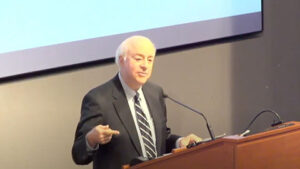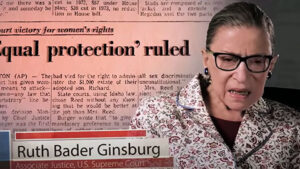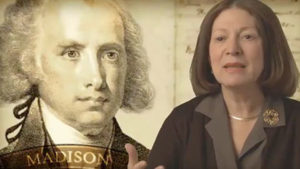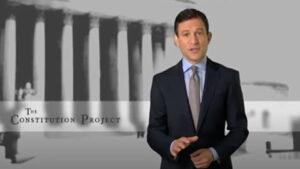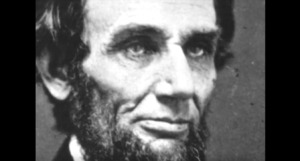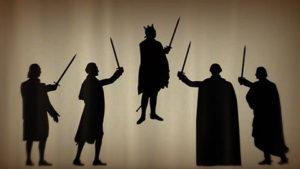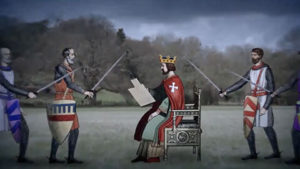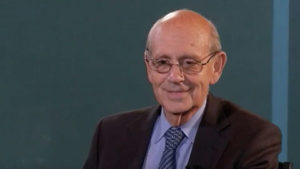The Fair and Impartial Judiciary Symposium convened lawyers, scholars, judges and thought leaders at the University of Pennsylvania Law School to address the meaning and impact of an independent judiciary. The topics included the meaning of “fair and impartial judiciary”; the difference between state and federal courts; the challenges to judicial independence; deciding difficult cases; and the Supreme Court. Justice Anthony M. Kennedy gave the closing talk on “The Nature of Judicial Independence.” The symposium was organized by the Rendell Center for Civics and Civic Education in partnership with the Annenberg Public Policy Center of the University of Pennsylvania.
440 resources available
